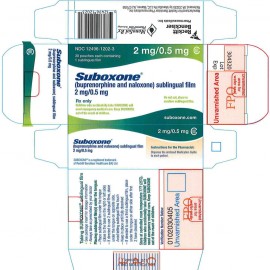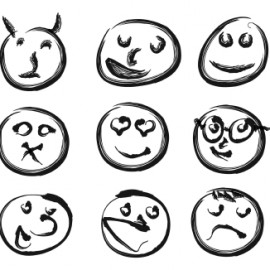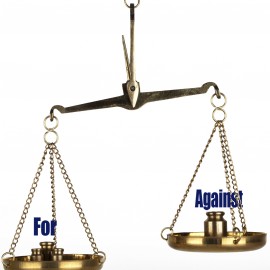Topic: therapies and tools
Opioid Maintenance: Life Sentence?
Informed client choice means accurate information about the likely outcome of decisions made early in treatment.
Topics: MAT, opioids, research, therapies and tools, treatment models
Tips on Improving Addictions Education
Psychological theories that may be of great interest to professionals can seem like messages from Pluto to a rehab patient.
Topics: addiction and the brain, communication, early recovery, patient education, program development, therapies and tools
Big Room, Many Doors
I realized something: though in her mind we’d played a principal role in her recovery, she’d actually followed none of the directions we’d given her.
Topics: counseling skills, therapies and tools
Complex Trauma: A Practical Approach
We can’t always predict which problem will require attention first — or indeed, when opening a door in therapy will introduce a whole new set of emotional needs and issues.
Topics: assessment, client types and needs, co-occurring disorders, compulsive behavior, therapeutic models, therapies and tools, trauma, treatment planning
Alexithymia: What’s That Feeling?
It’s as if the addict is so accustomed to just acting on impulse that he/she has lost touch with the source of the impulse — ordinarily a negative emotional state such as anxiety, anger, sadness, etc.
Topics: communication, counseling skills, emotional issues, groups, signs and symptoms, therapies and tools
Finding Evidence-Based Practices
Seeking evidence, and applying practices based on evidence to your clinical interventions, can help making decisions that increase the chances of a desired outcome
Topics: counseling skills, therapeutic models, therapies and tools
Music Hath Charms
You’re aware that music therapy is used in mental health settings. Playing music is great, but for most of us, it’s enough just to listen and be affected.
Topics: groups, Recovery Tools, relaxation, therapeutic models, therapies and tools, tools for recovery
Finding the Right Opioid Treatment Program
Some of what patients hear is gossip and folklore, something for which the addict community is famous. But there is a wide variation in quality among OTPs.
Topics: client types and needs, finding the right treatment, MAT, opioids, referral, therapies and tools
Material Clients Can’t (or Won’t) Read Doesn’t Help Them
It’s not so much that the client is unable to grasp the info as he or she is easily discouraged based on a fund of previous negative experiences in school.
Topics: client engagement and motivation, cognitive behavioral therapy, patient education, therapeutic models, therapies and tools
Do Incentives Work?
Some clients need more frequent reinforcement than others – those with poor impulse control, for instance, or who struggle with cravings, or are less motivated for other reasons.
Topics: clinical management, groups, therapeutic models, therapies and tools


















